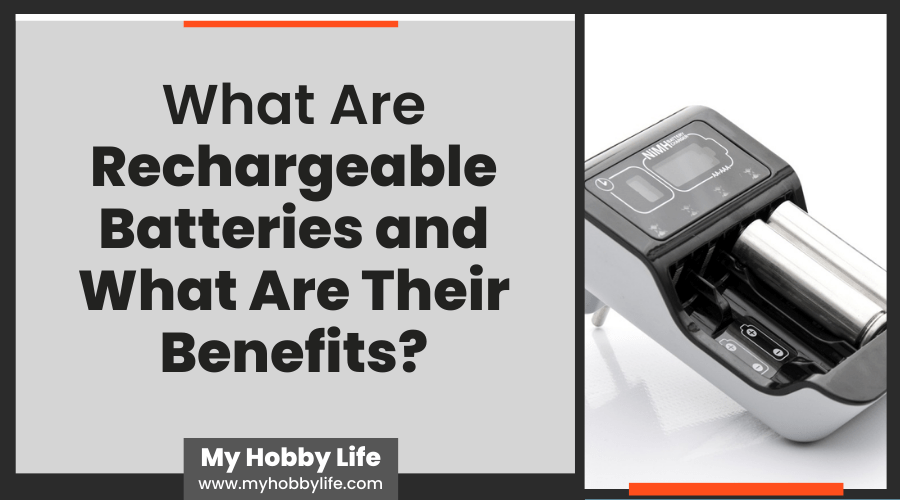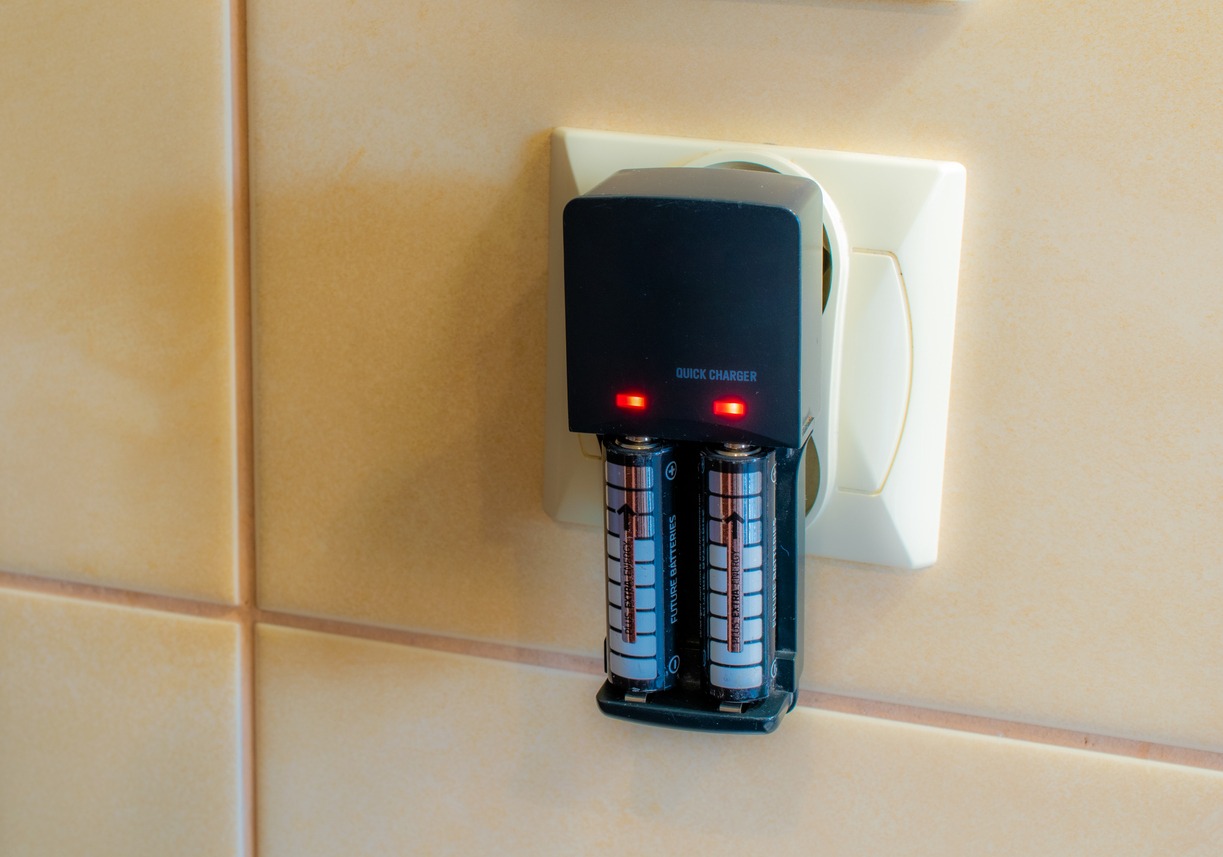Rechargeable batteries are not new anymore. However, their usage has increased over the years, making them become more commonplace than ever before.
However, some people still hesitate to use them due to some perceived barriers. First, these batteries are costly. Second, they require a compatible charger, which means additional cost. Third, people don’t want to bother recharging these batteries as it could be a hassle. Sometimes, it takes several hours for the batteries to be fully charged.
So, people stick to buying and using single-use alkaline batteries. However, these regular alkaline batteries have a limited life. Once their power has been depleted, they must be disposed of and replaced by newer batteries.
If you’ve been in this situation, it’s time to reconsider using rechargeable batteries. Or if you haven’t used rechargeable batteries before, why don’t you give them a try? Because they can be recharged several times, they take up less space to provide the same amount of power or even more. Technology has led to significant improvements in rechargeable batteries. Now they can be recharged with a car adapter, from electricity, and through solar power, making them versatile enough to be useful for a long time, especially during emergencies.
Materials
Different materials are used to hold the charge in rechargeable batteries, including lead-acid, lithium-ion (Li-ion), lithium-ion polymer (Li-ion polymer), nickel-cadmium (NiCd), nickel-metal hydride (Ni-MH), and zinc-air. Different mixtures provide different results, but all are useful and rechargeable.
Benefits of rechargeable batteries
We use removable rechargeable batteries at home for everyday items like flashlights, torches, battery-powered handheld kitchen appliances, remote controls, electric shavers, etc. In addition, fixed rechargeable batteries are commonly found in most smartphones and tablets, which are integrated into the devices and cannot be removed or changed.
But this article focuses on removable rechargeable batteries and their advantages.
Rechargeable batteries save you money
Rechargeable batteries indeed have more significant upfront costs compared to single-use batteries. But with single-use batteries, you throw them away after they are fully discharged and then buy a new pack of them, which means expenses anew.
A single rechargeable battery can replace up to 4,000 single-use batteries. Imagine how much money you can save when you purchase rechargeable batteries.
With rechargeable batteries, you can use them as often as you need, reducing the need to buy new batteries. Yes, you pay more money for rechargeable batteries, initially. But in the long run, you spend a lot less and save more.
Rechargeable batteries are better for the environment
When you throw away single-use batteries, you add them up to the landfill. Again, a single rechargeable battery can replace up to 4,000 single-use batteries. Using one rechargeable battery means getting rid of the 3,999 batteries from the landfill.
You also have to consider that manufacturing rechargeable batteries takes fewer resources. Fewer resources equate to less energy required to make rechargeable batteries. In turn, manufacturing rechargeable batteries results in less waste and harmful emissions, which means a more ecologically friendly manufacturing process.
Rechargeable batteries are more convenient
One of the most bothersome things about single-use batteries is that they’re inconvenient. You have to keep running to the store to ensure you have enough batteries on hand at any given moment. Moreover, that one time you forget to purchase batteries at the store is when you will need them most.
In contrast, rechargeable batteries are more convenient to use. Plug in your battery charger, place your rechargeable batteries in it, and sit back and relax while you wait for the batteries to be fully charged. They will be ready and waiting for you the next time you need to use them. You don’t have to keep running to your nearest convenience store or grocery to buy batteries every now and then.
Rechargeable batteries can be easily and conveniently recharged with a simple battery charger. Some chargers can accommodate different types of batteries, which is a convenient feature given the various types of batteries we use. Battery chargers come in different designs that are continually evolving and becoming more convenient, easy to use, and reliable.
Adding to the convenience is the number of ways to recharge batteries: through a wall outlet, a USB port, and even a car port. Indeed, there are now more battery charging options than ever before to keep fully charged batteries accessible and ready to use.
Rechargeable batteries perform better
A single-use alkaline battery typically has 1.5 volts, while a rechargeable battery has 1.2 volts. It’s a slight difference, right? Moreover, single-use batteries continue to drain their power the longer you use them until they are dead. You cannot use them anymore.
By using rechargeable batteries, you are assured of peak performance at all times, even when the “low battery” warning signal begins to appear in any device you use. In fact, some battery chargers have something called “refresh mode” that will drain your rechargeable batteries first before fully charging again. This function ensures that your batteries deliver optimum performance at all times.
Conclusion
Rechargeable batteries are superior to single-use batteries in every way. They perform better and are convenient to use. Throughout these batteries’ lifetime, they can potentially save you hundreds of dollars every year, making them worth the investment. Not are only rechargeable batteries as good as single-used batteries in providing your devices the much-needed power, but they are also more beneficial for the environment.
Whether you’re using rechargeable batteries or single-use ones, just remember to do your part as a responsible citizen for the proper disposal of batteries. Take an active role in the recycling process to save the environment and conserve our natural resources.




